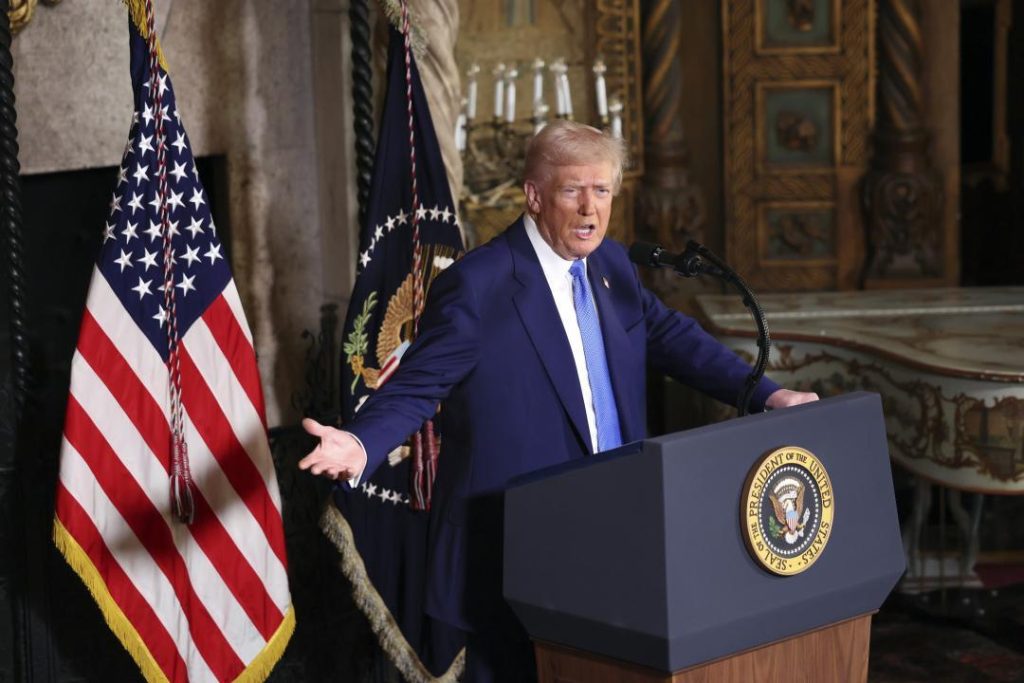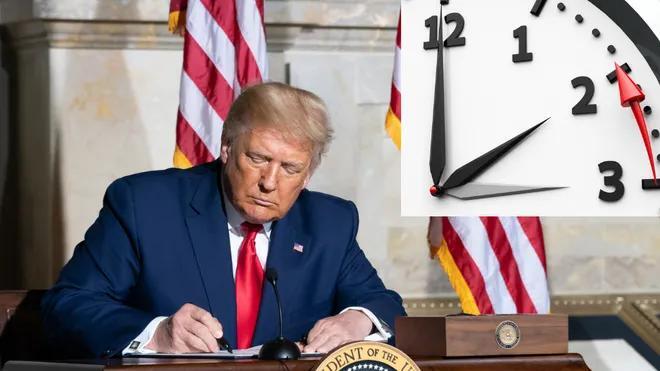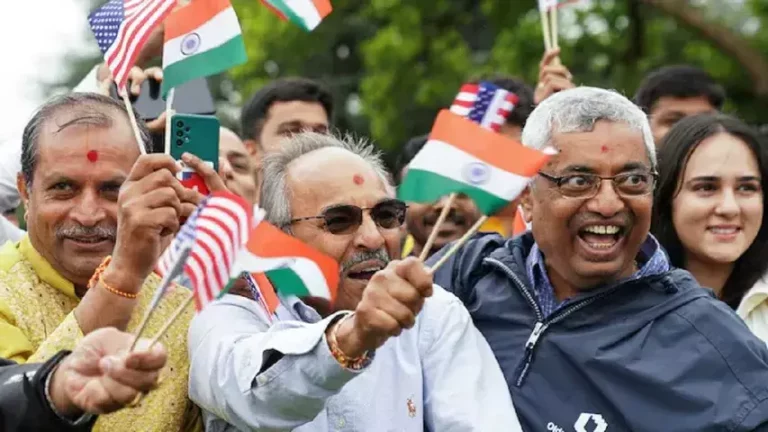
Reciprocal Tariffs on India Soon, We Want to be Fair: Trump
In a move that has sparked concerns among international trade circles, US President Donald Trump has reiterated his stance on reciprocal tariffs, stating that the United States will soon impose such tariffs on countries like India and China. According to Trump, these tariffs will be a direct response to the rates that these countries charge the US.
“We will soon impose reciprocal tariffs,” Trump said, emphasizing that the US will no longer remain passive in the face of unfair trade practices. “Whatever a country such as India or China charges us, we will charge them the same. We want to be fair.”
The concept of reciprocal tariffs is straightforward: if a country charges the US a certain rate on its goods or services, the US will retaliate by imposing the same rate on that country’s goods or services. This move is seen as a major shift in the US’s trade policy, which has traditionally been focused on free trade and open markets.
Trump’s comments came in response to a question about the US’s trade relations with India and China, two of the world’s largest economies. The US has long been critical of the high tariffs imposed by these countries on American goods, and Trump’s announcement is seen as a direct response to these practices.
“We’ve never done this before,” Trump said, highlighting the uniqueness of the US’s approach. “We were getting ready to do it until COVID-19 hit the US.” The COVID-19 pandemic has had a significant impact on global trade, leading to widespread disruptions and economic uncertainty. However, Trump’s comments suggest that the US is now looking to recalibrate its trade strategy in response to the pandemic.
The implications of Trump’s announcement are significant, particularly for countries like India and China that have long been critical of the US’s trade policies. India, for example, has been a major beneficiary of the US’s free trade agreements, and has long been criticized for its high tariffs on American goods. Similarly, China has been accused of engaging in unfair trade practices, including the theft of intellectual property and dumping of goods on the US market.
Trump’s announcement has been met with a mixed response from international trade circles. While some have welcomed the move as a necessary step to address unfair trade practices, others have expressed concerns about the potential impact on global trade and economic stability.
“We understand that the US is looking to address its trade concerns, but we also believe that a more nuanced approach is needed,” said a spokesperson for the Indian government. “Imposing reciprocal tariffs will only lead to a trade war, and we do not want to see that happen.”
The Chinese government has also expressed concerns about Trump’s announcement, with a spokesperson warning that the move will “only lead to a negative impact on the global economy.”
In response to these concerns, Trump has emphasized that the US is committed to fair trade, and that its approach will be based on reciprocity. “We will not be taken advantage of,” he said. “We will not be bullied. We will not be pushed around.”
The debate over reciprocal tariffs is likely to continue in the coming weeks and months, as the US and other countries negotiate new trade agreements and seek to address their trade concerns. While the move has sparked concerns among international trade circles, Trump’s announcement also reflects a growing frustration among Americans with the country’s trade policies.
In the end, the success of reciprocal tariffs will depend on how effectively the US can negotiate with other countries and address its trade concerns. If done correctly, the move could lead to a more balanced and equitable global trading system. However, if mismanaged, it could lead to a trade war that has far-reaching consequences for the global economy.
Source: https://repository.inshorts.com/articles/en/PTI/38b5afa4-a9af-42b2-9184-686141ab06ff



